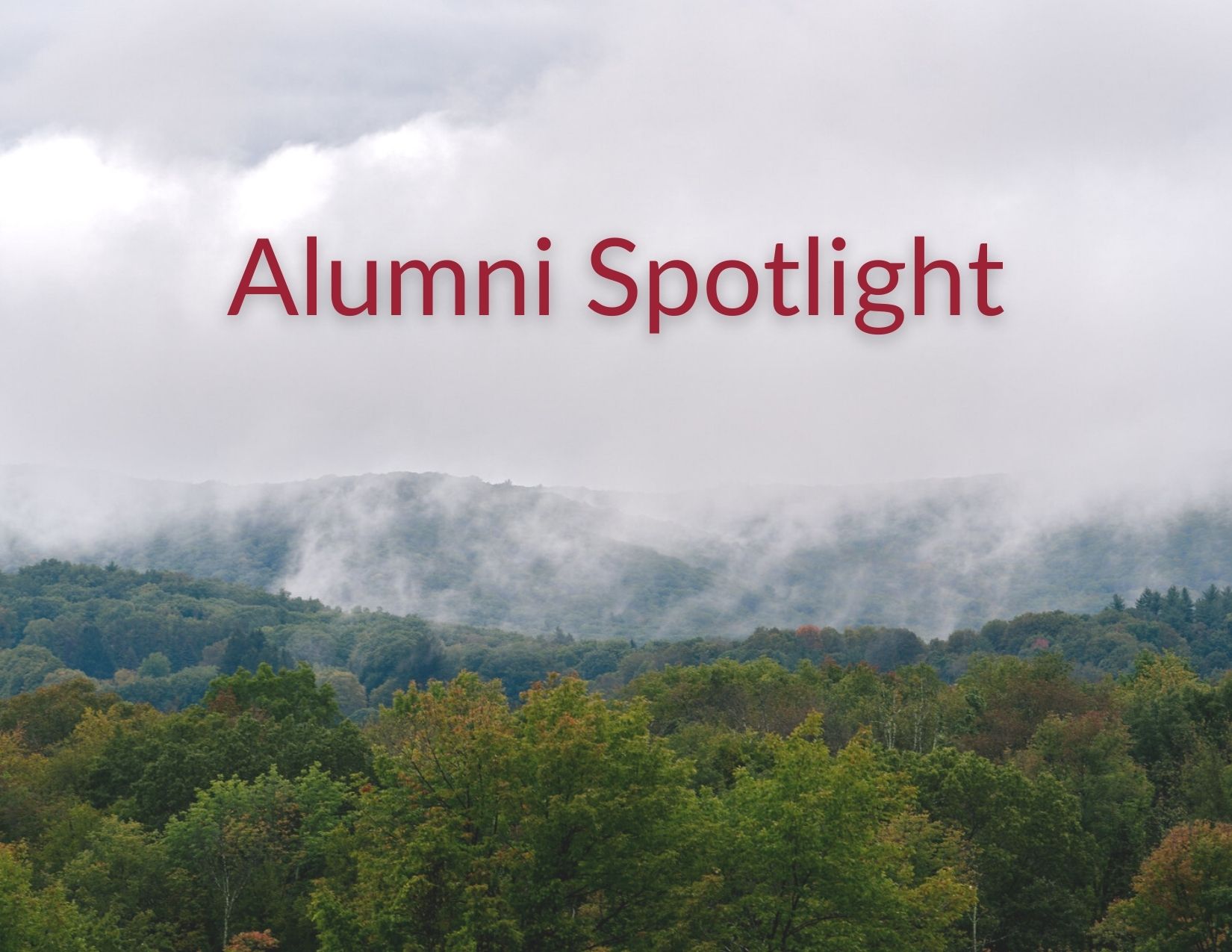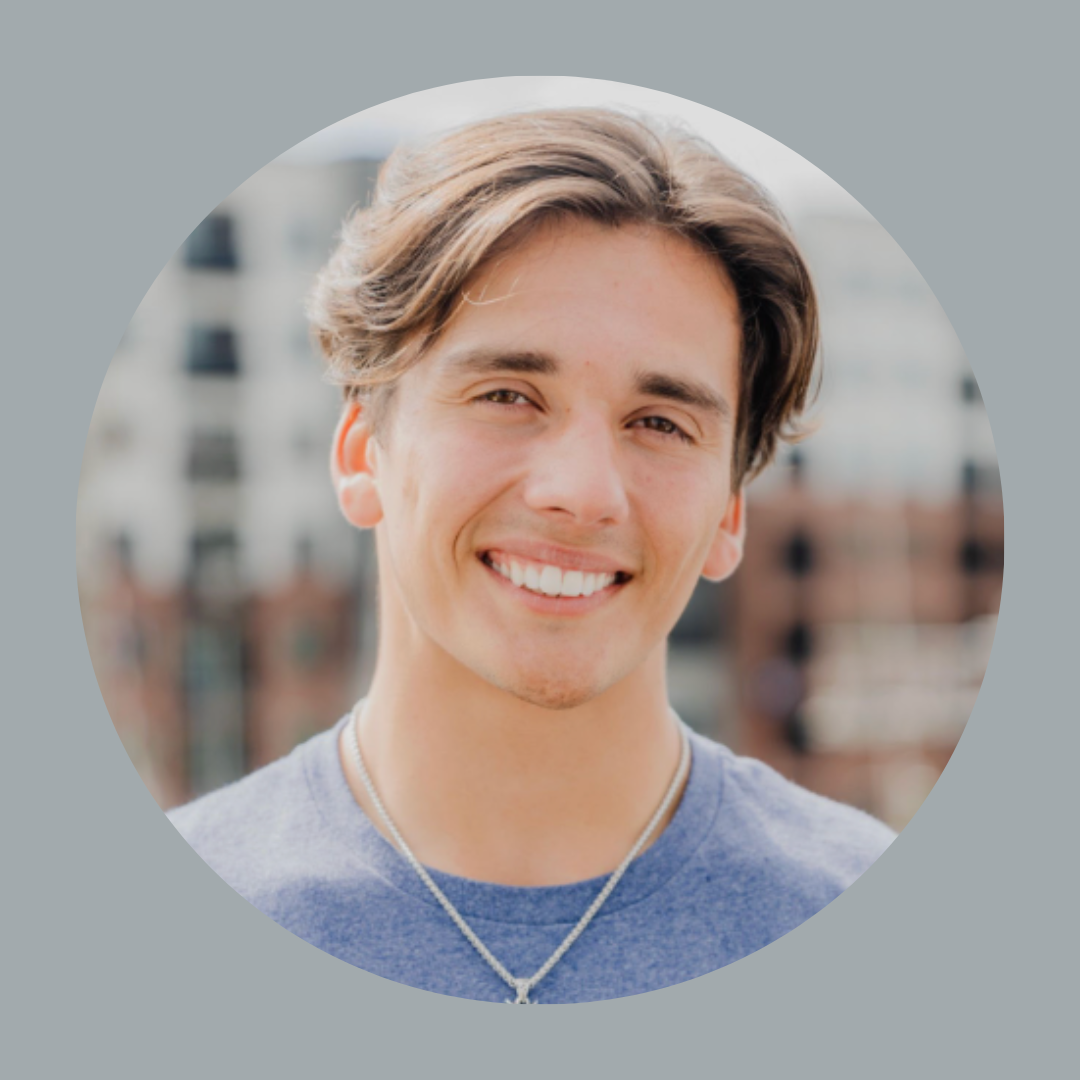

Lars Heidenreich '17
IMS recently sat down with Lars Heidenreich ’17, a student at Elon University and recent winner of the WillowTreeForGood entrepreneurship competition.
IMS: Your app, StayFull, recently won the WillowTreeForGood competition. Can you explain the purpose of the app?
LH: StayFull is a platform that hopes to change the way people interact with food assistance. It’s intended to be a library, essentially, of information regarding food pantries, soup kitchens, and any organization that offers food resources to people in the Raleigh/Durham/Chapel Hill area, where I attend Elon University right now. When you log in, you’re immediately sent to a map with every food resource in your area. You can also search for specific keywords, receive push notifications about local events, or filter based on resource preferences and your availability to access resources.
IMS: Can you describe the competition process?
LH: I applied to enter into the competition, was accepted, and was assigned onto a team. From there, we had six weeks to work with mentors and come up with an idea. We pitched half-way through the first round and won against 10 teams. Three weeks later, we pitched again and won. And now we have 10 weeks to actually build the app.
IMS: How did you come up with the idea for StayFull?
LH: We did a lot of research into the area around us. We could’ve tried to solve any issue, anywhere, but decided that helping people in our immediate area would be more impactful. We recognized that food insecurity was a large issue, and held eighteen separate interviews with people who are running organizations, volunteers helping out on the ground level, and people who are facing food insecurity directly. We understand that we can’t completely solve food insecurity, and we can’t bring food to everyone’s hands. But we can do our best to help solve a small sliver of this pie.
IMS: What was the interview process like?
LH: There were times when it was a little difficult, to be honest. Food insecurity can be a vulnerable subject. It’s understandably hard to talk about, and we had to be as sincere as possible. But everyone in this area trying to provide food resources is trying to collaborate, to work together to resolve these issues and lower barriers.
IMS: So your app will be accessible to the public by the end of the summer?
LH: Yes! It’s exciting. Right now, my team and I are working with full-time employees of WillowTree, most of whom hopped in because they’re personally interested in seeing this come to fruition. It’s been amazing to work with people who are so passionate and good at what they do. We’ve been continuously refining the app, while also trying to take into account what we can realistically make within the scope of ten weeks. We have meetings about literally everything! There’s no conversation too inane for this process; we break everything down to its most granular level.
IMS: Would you consider yourself a granular-level- detail person?
LH: I used to not be! But after this experience, I am. I’ve learned to think on that level. It makes it easier to create effective game plans, and forces you to develop a clearer vision of what you’re working towards.
IMS: What was your first experience with entrepreneurship?
LH: I was in my calc class during the winter term of my freshman year, talking about investing with one of my friends. He said he wanted to fundraise to rebuild a school in Costa Rica. We started shooting ideas back and forth. Then we began asking questions. What are some ways that we could generate revenue? How could we do something meaningful for both the school in Costa Rica and our college campus? My friend’s entire extended family works in the agricultural industry in Costa Rica. Many of them trade organic, high quality coffee. I realized that if we could purchase their coffee for a discounted price, bring it to the states, and sell it, we could take advantage of the excess margin and then give it to the school. We founded a start-up, Philantropic, and did a lot of retail, going to coffee shops and cafes and setting up stands, asking people to try our coffee and listen to our story. It was a really rewarding experience.
IMS: Asking questions seems like an important part of your perspective on service. Is there anything else you like to keep in mind when thinking about helping others?
LH: Getting to know people and appreciating their story is a huge part of helping people. You can’t just go around offering help without understanding where others are coming from. But I’ve gotta give the credit where it’s due: my grandmother. My grandmother and my mother were both born in Romania and left to come to the US. They were very poor, but very resourceful. They built a life for themselves here. My grandmother would always tell me how lucky I am to have the opportunities that I have, and she would always tell me to love unconditionally, even in the face of hate.
IMS: Any favorite memories from your time at IMS that you’d like to share?
LH: I was headmaster for a day! I had so much fun. Not because I was necessarily leading the school, but because I just walked around and talked to people all day, especially students I didn’t know very well. A big part of me, which I realized during my time at IMS, is that I love getting to know people and I love hearing their stories. IMS taught me to be sincere in the connections that you make.
Interview conducted and written by Phoebe Mulder ’19